
Join 10k+ people to get notified about new posts, news and tips.
Do not worry we don't spam!
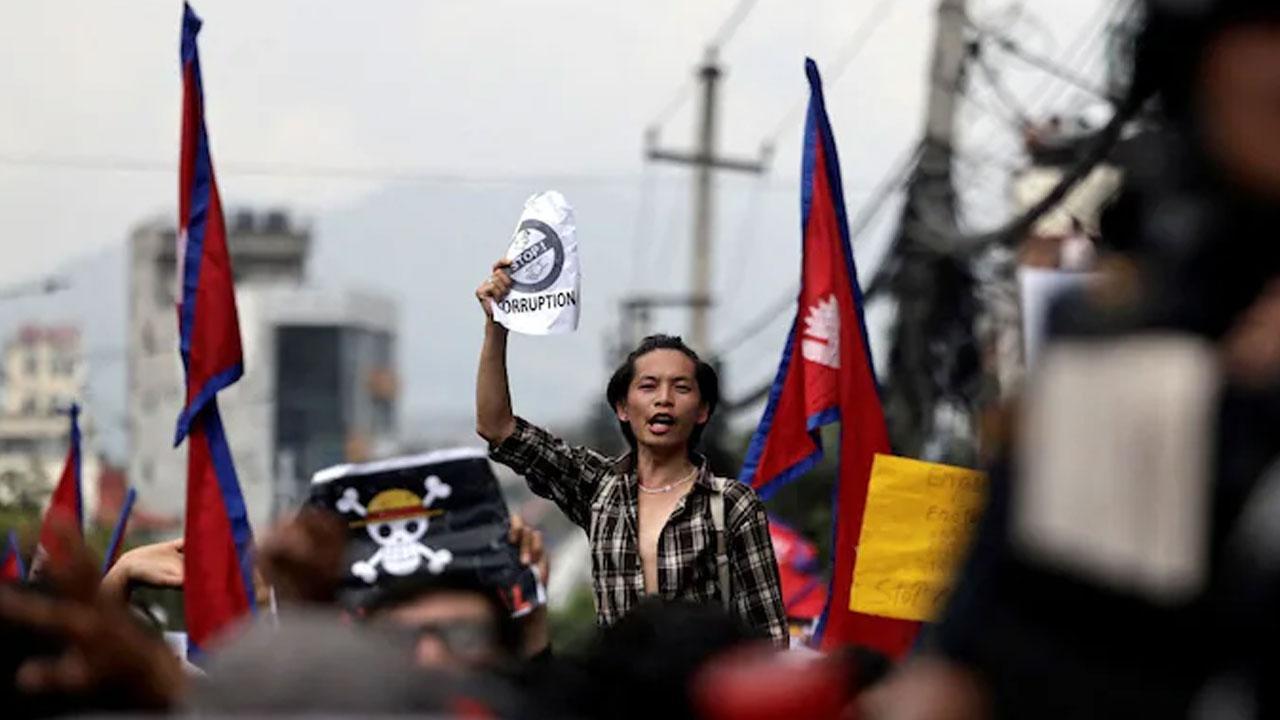
Post by : Raman
Photo : Reuters
Nepal is witnessing a surge of protests led by young people, particularly from the Gen Z generation, against nepotism, corruption, and inequality in the country. The protests have escalated following widespread frustration over social media restrictions, the flaunting of wealth by politicians’ children, and the government’s alleged favoritism toward “nepo kids” – a term used to describe children who gain privileges because of their family connections.
These protests have grown stronger over the last two years. Social media platforms have been filled with hashtags like #NotMyNepal, #MeritOverLegacy, and #MeritNotNepotism, as young people voice their anger against a system where talent and hard work are often overlooked in favor of family connections. Ordinary citizens, struggling with economic hardships and high unemployment, have joined in the movement, showing that this is not just a youth issue but a nationwide concern.
The protests intensified after the former Prime Minister KP Sharma Oli’s government, which has now resigned, attempted to restrict social media use temporarily. This move, instead of calming public anger, fueled further unrest, as citizens saw it as an attempt to silence legitimate criticism. Many young Nepalis shared stories online about ordinary people facing difficulties while children of powerful leaders enjoyed unfair advantages in government contracts, jobs, and other opportunities.
Six Key Incidents Highlighting Nepotism in Nepal
Several incidents have sparked outrage and helped fuel the protests:
Political Leader Appoints Son to Senior Ministry Post
In Nepal’s Gandaki Province, Saugat Thapa, the son of Minister for Social Development Bindu Kumar Thapa, was appointed to a senior position in the provincial government despite limited experience. The appointment caused widespread criticism, as many saw it as a decision based on family connections rather than merit. Social media users called out this act under #MeritNotNepotism, demanding fair and transparent governance. Although an inquiry was conducted, only minor reforms were made, leaving many citizens dissatisfied.
Glamour Industry Dominated by Nepo Kids
Nepal’s film industry has also faced criticism for nepotism. An emerging actress, the daughter of a politician, reportedly secured a lead role in a major film without any prior acting experience. Social media campaigns and public protests called for fair opportunities for talented but disadvantaged artists. Some producers introduced stricter audition policies, yet family influence continues to dominate the industry.
Banking and Government Contract Scandals
Reports have surfaced of bank loans being awarded to officials’ children without proper guarantees. Some of these funds were allegedly misused, but strict actions were not taken because of the influence of powerful individuals. This scandal has intensified demands for transparency and accountability in the banking and government sectors. Although new rules were introduced, real changes have been minimal.
Perks for Families of Coalition Partners
The former Oli government faced criticism for promoting children and relatives of coalition leaders. Prominent figures like Shreya Karki, Vivek Sharma, and Tara Thapa reportedly received political or social opportunities because of their family ties. Reports in 2024 indicated that other relatives of Oli’s close associates were also promoted in business and party positions, causing further public outrage and even splits within political parties.
Controversy Involving Miss Nepal Shrinkhala Khatiwada
Shrinkhala Khatiwada, former Miss Nepal and daughter of a former health minister, came under scrutiny for allegedly receiving $50,000 from the Miss World Foundation for her projects. Critics argued that her family connections helped her secure this funding, which added fuel to the debate on nepotism in public and private sectors.
Tragic Death of a Young Girl
A particularly tragic event strengthened the youth movement. Usha, an 11-year-old girl from a poor family, was reportedly run over by the son of a government official. Her death sparked nationwide outrage and intensified calls for justice, highlighting the unequal power dynamics in Nepalese society.
Social Media as a Tool for Change
Social media has become a crucial platform for Nepali youth to voice their concerns. Hashtags like #NotMyNepal and #MeritOverLegacy are trending as young citizens demand fairness and merit-based opportunities. Influencers, journalists, and ordinary citizens alike have joined the conversation, bringing global attention to the issue.
The protests are also a reflection of broader societal frustrations. Young people face limited job opportunities, high living costs, and economic instability, while observing the privileged lifestyles of politicians’ children. Social media amplifies these inequalities, providing evidence that many believe has been ignored by traditional authorities.
Economic and Political Implications
The movement against nepotism and corruption is not just about social justice; it has economic and political consequences. Public anger over unfair practices can influence voter behavior, impact government policies, and even affect foreign investment. Companies and institutions are being pressured to adopt transparent hiring practices, fair distribution of opportunities, and merit-based systems.
Experts note that addressing these issues is vital for Nepal’s long-term stability. Political leaders who ignore calls for transparency risk losing public trust, while young people’s activism may encourage reforms that strengthen democracy and equality.
Looking Ahead
The rise of Gen Z activism in Nepal demonstrates the power of a digitally connected youth. Despite economic challenges and political instability, young Nepalis are demanding accountability, fairness, and an end to nepotism. The movement shows no signs of slowing, and continued public engagement could lead to meaningful reforms in governance, employment, and social equity.
Nepal’s struggle against nepotism and corruption highlights a universal truth: when ordinary citizens see unfair advantages being given to a privileged few, they will stand up and demand change. The youth of Nepal are not just protesting for themselves—they are demanding a future where talent, hard work, and integrity are recognized above family ties and political connections.
The ongoing protests, viral social media campaigns, and public scrutiny of “nepo kids” indicate a growing awareness among Nepalese citizens about the need for fairness and justice. This movement could redefine the political and social landscape of Nepal, inspiring future generations to continue the fight against inequality and corruption.
Nepal’s political turmoil is a wake-up call for leaders to prioritize merit, transparency, and equality. The voices of the young generation are loud, clear, and impossible to ignore. By addressing the root causes of nepotism and corruption, Nepal has the chance to create a fairer, stronger, and more equitable society for all its citizens.
Nepal protests, Gen Z activism, nepotism in Nepal, corruption in Nepal, youth movement
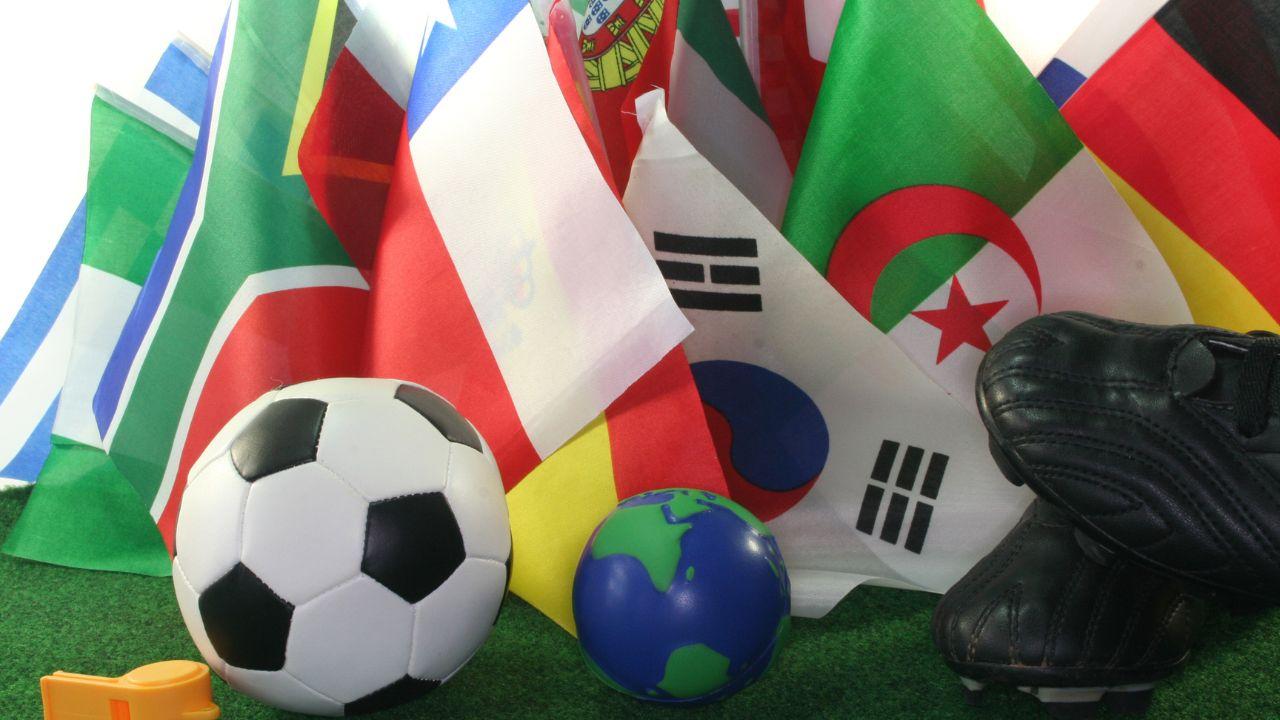


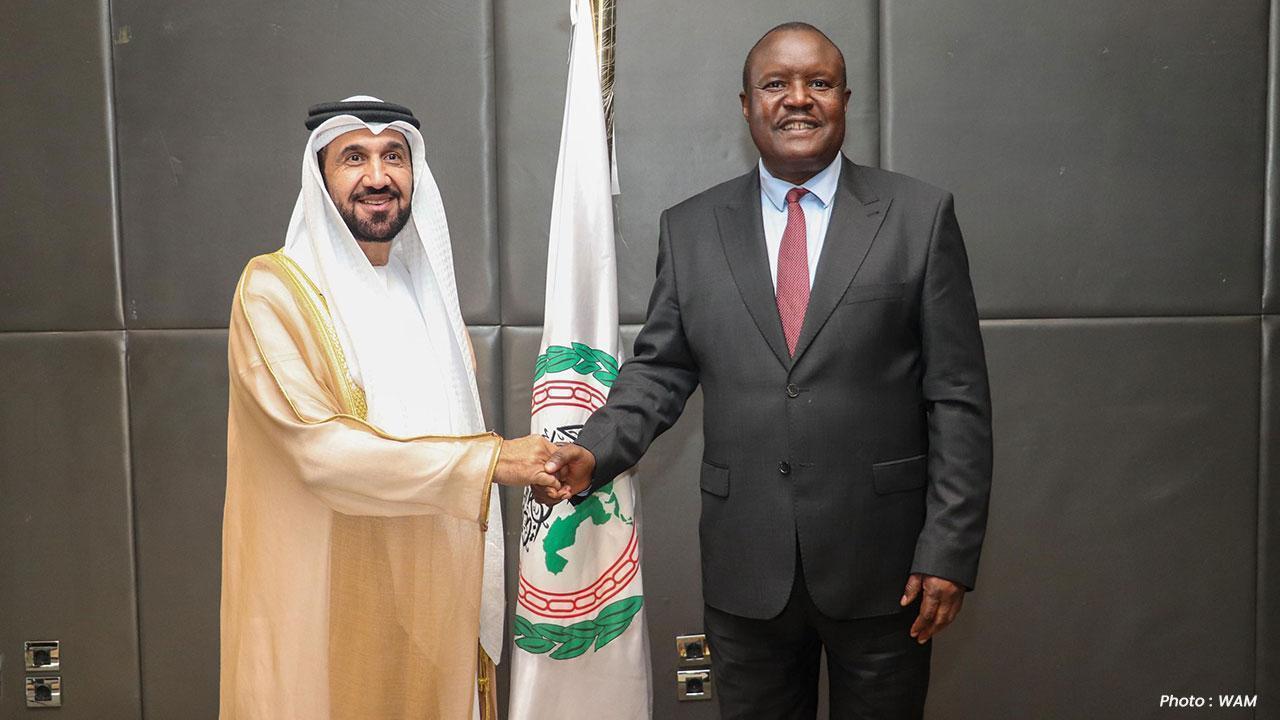
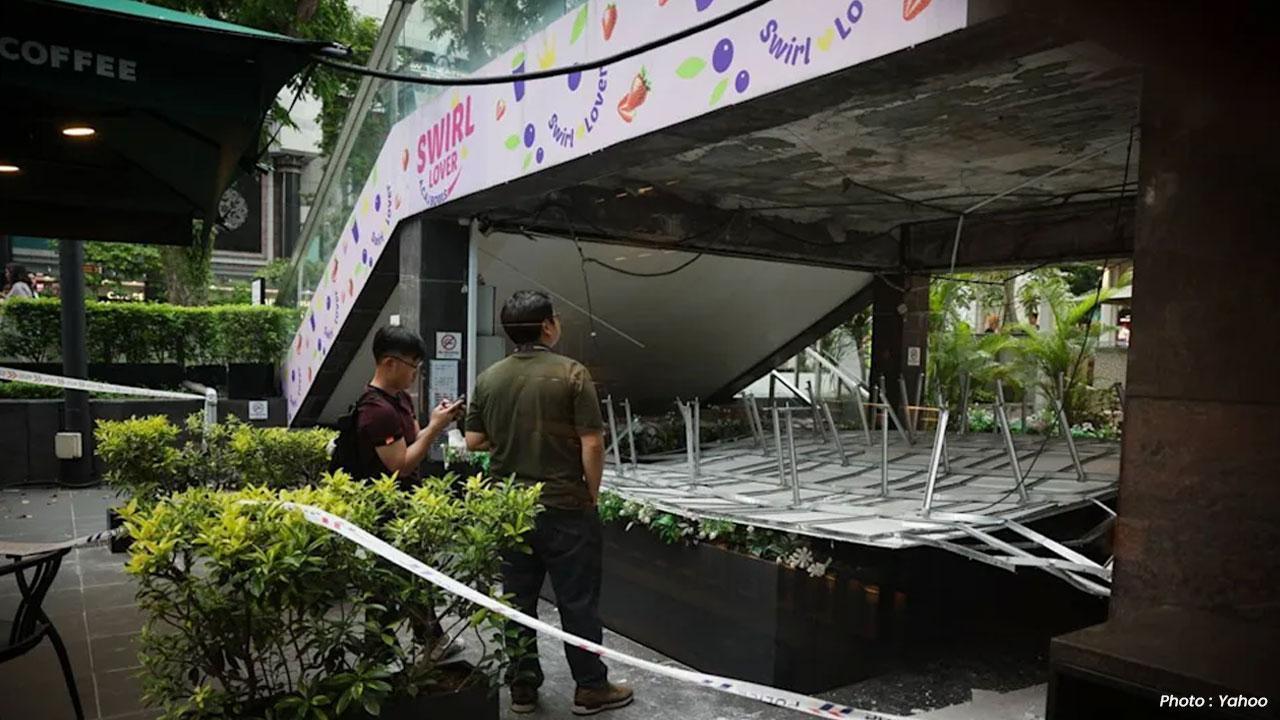



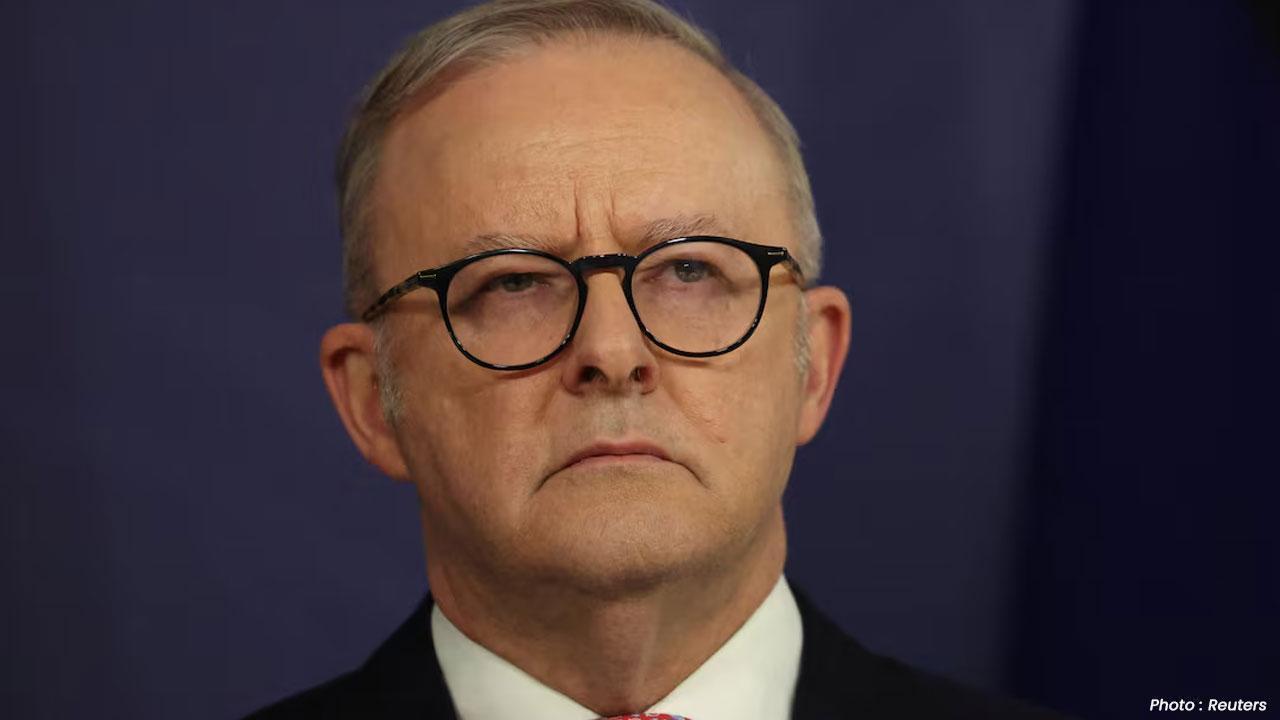

India Dominates UAE by 9 Wickets in Asia Cup 2025 Opener with Brilliant Bowling
India dominates UAE in Asia Cup 2025 opener, winning by 9 wickets with Kuldeep Yadav shining and a q
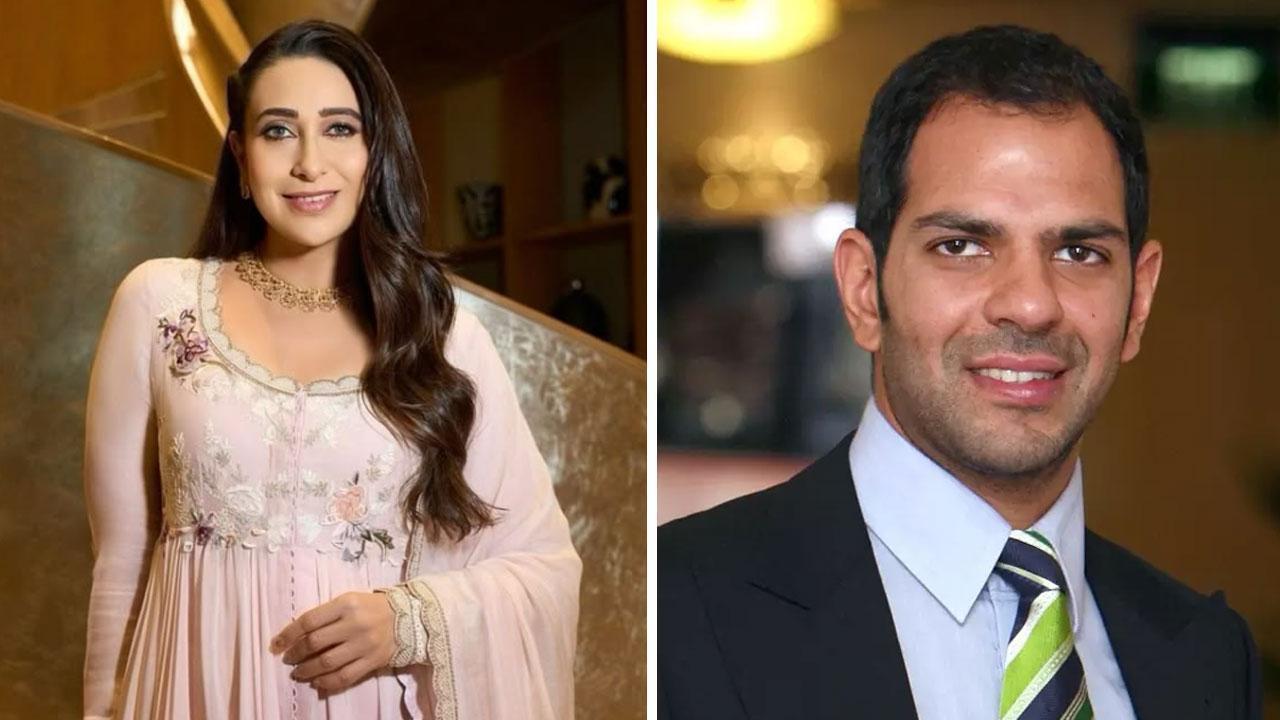
Karishma's Kids Get 1,900 Crore: Priya Kapoor Defends Sunjay Kapur Estate
Priya Kapur claims Karisma Kapoor’s children already received Rs 1,900 crore as court battle over Su
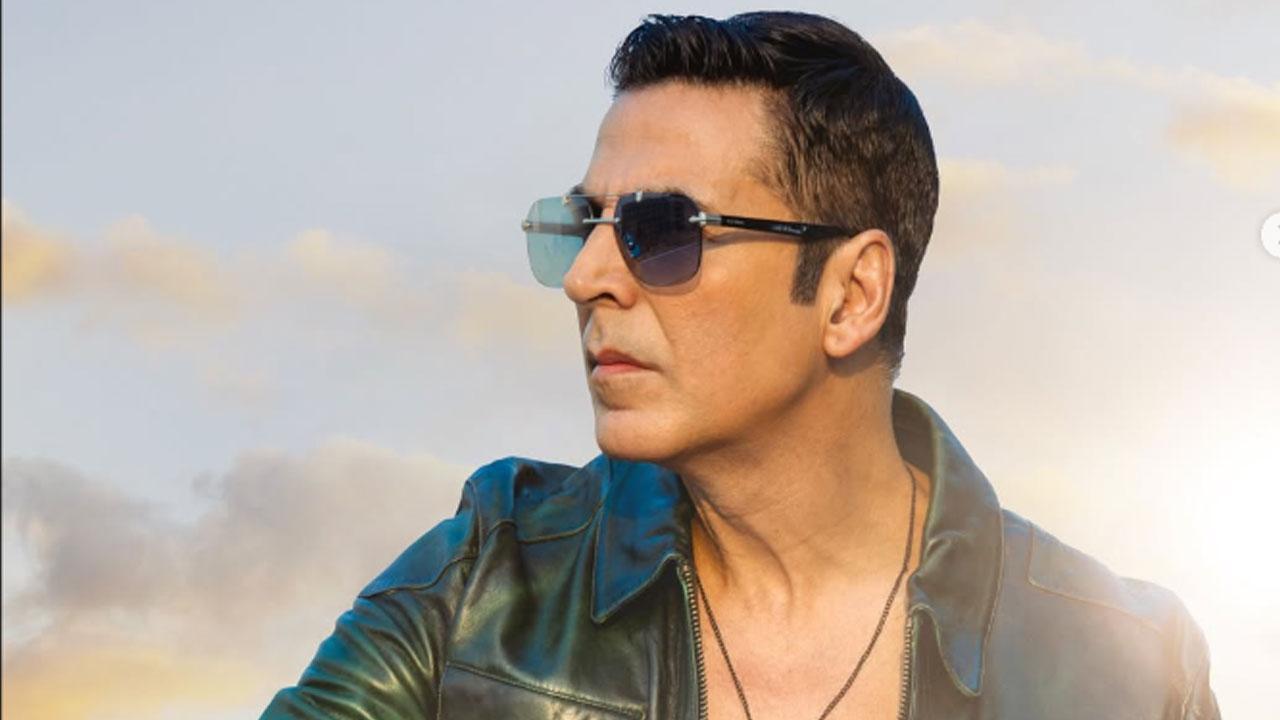
Akshay Kumar 58th Birthday Heartfelt Thanks to Fans and Colleagues
Bollywood star Akshay Kumar celebrates his 58th birthday with gratitude, thanking fans and colleague

Hina Khan Backs Ashnoor Kaur After Farhana Bhatt Bigg Boss 19 Remarks
Hina Khan supports Ashnoor Kaur after Farrhana Bhatt’s comment on Bigg Boss 19, sparking social medi

India Beats Korea 4-1 to Win Asia Cup 2025, Secures Spot in 2026 World Cup
India dominates Korea 4-1 in Asia Cup 2025 final, wins the title and qualifies for the 2026 Men’s Ho

Daniel Ricciardo Retires from Racing, Joins Ford as Global Motorsports Ambassador
Daniel Ricciardo ends his racing career and becomes Ford’s Global Racing Ambassador, staying connect